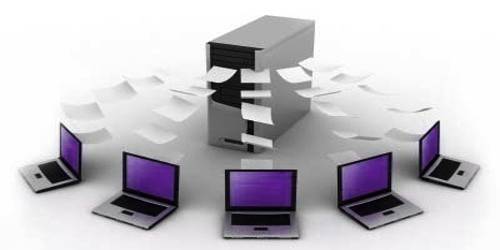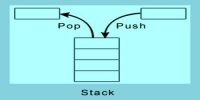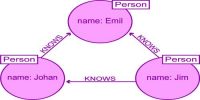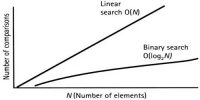A database management system (DBMS) is a software package designed to de me, manipulate, retrieve and manage data in a database. A DBMS generally manipulates the data itself, the data format, field names, record structure, and file structure. It provides users and programmers with a systematic way to create, retrieve, update and manage data.
The advantages of DBMS over tile processing system as follows:
Reduced Data Redundancy – In the file processing system; same data fields may appear in many different files and often in many formats. For example, a course grade tile and a tuition billing file both contain a Students ID, Name, Address, and Telephone number.
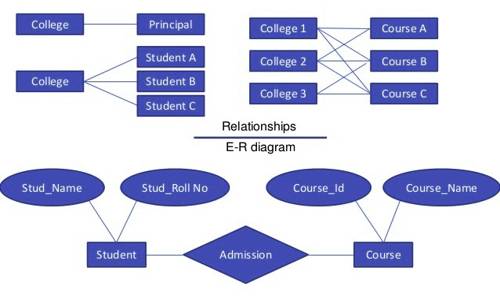
If data fields are repeated often in different files then a lot of storage space is wasted. But in RDBMS, Course grade report can contain just two fields: Student ID and Grade and can retrieve Name and Address from Student’s record file. Similarly; Tuition billing file now can have just Student ID and other fields regarding their payment status. Other information can come from the Students’ record file.
Ease of Updating Files & Maintaining Data Integrity
Data redundancy creates a problem when it comes to updating files. When a data field needs to be changed – for example, student contact number – it must be updated in all the files in which it occurs. This is a tedious procedure. If some files are missed while updating data records will be inconsistent and thereby data integrity won’t be maintained. On the other hand, in RDBMS this updating has to be performed in just one table and data integrity will stay intact.
Lack of Program and Data Independence
Another limitation of file Management systems has to deal with the problem of lacking program and data independence. This means that programs written by a programmer are file format specific. If there is any change in data organization or file format then the program has to be changed or even has to be written again. No change can be made in the program without, having to change the data or vice versa. Users of DBMS don’t have to consider these changes a problem.
Security and Authority Limitation
Not every user is allowed to access all the information/data. For example in a bank, payroll personnel need to see only the part of a database that has information about the bank employees. They should not have access to the part where customers’ account related information is loaded. Enforcing such constraints is difficult, in a file processing system but an exclusive feature of RDBMS.
